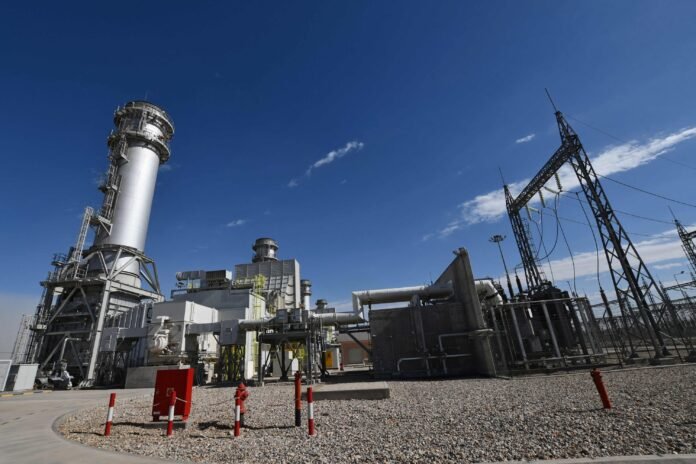raq electricity supply faced a serious disruption on Tuesday when Turkey cut the 600-megawatt line through Nineveh province. A source from the Nineveh Electricity Directorate told Shafaq News that the disconnection happened at 9 a.m. because Iraq failed to pay the agreed fees. This move left parts of Nineveh without power, intensifying the ongoing electricity shortage in the country.
Officials now await formal actions from the Iraqi Ministry of Electricity. They are expected to quickly secure alternatives or renegotiate the supply agreement to maintain grid stability. Meanwhile, last Wednesday, Turkish company Kar Power Ship announced a deal to supply Iraq with up to 590 megawatts through floating power plants. This new supply agreement is essential for stabilizing Iraq’s electricity grid.
The Iraqi Ministry of Electricity is also working to connect two recently arrived Turkish power barges at Khor Al-Zubair and Umm Qasr ports. Combined, these barges could generate up to 1,500 megawatts. This addition is crucial, as Iraq’s electricity demand continues to rise sharply. By 2025, the demand for electricity in Iraq is projected to reach 55 gigawatts during peak summer months, while current supply remains only 27 gigawatts.
Iraq electricity supply remains under severe pressure, given the growing population and rising energy consumption. According to the U.S. Energy Information Administration (EIA), Iraq’s per capita energy use exceeded 16,000 kilowatt-hours (kWh) in 2024. Each citizen consumed an average of 16,002 kWh, marking a 471% increase since 1965, when consumption stood at 2,850 kWh. The figure also exceeds 2023’s 15,333 kWh and 2022’s 14,392 kWh, highlighting the urgent need for a reliable electricity framework.
Authorities emphasize that maintaining a stable Iraq electricity supply is critical to preventing outages, supporting economic activities, and ensuring public services function smoothly. The government continues to negotiate with Turkish providers while seeking internal alternatives to meet immediate demand.
With chronic shortages persisting, Iraq must act quickly to stabilize the national grid. Connecting new barges, securing alternative contracts, and improving payment processes will remain top priorities for the coming months. The electricity supply challenges in Iraq show no signs of immediate relief, underlining the urgency of swift governmental action.


